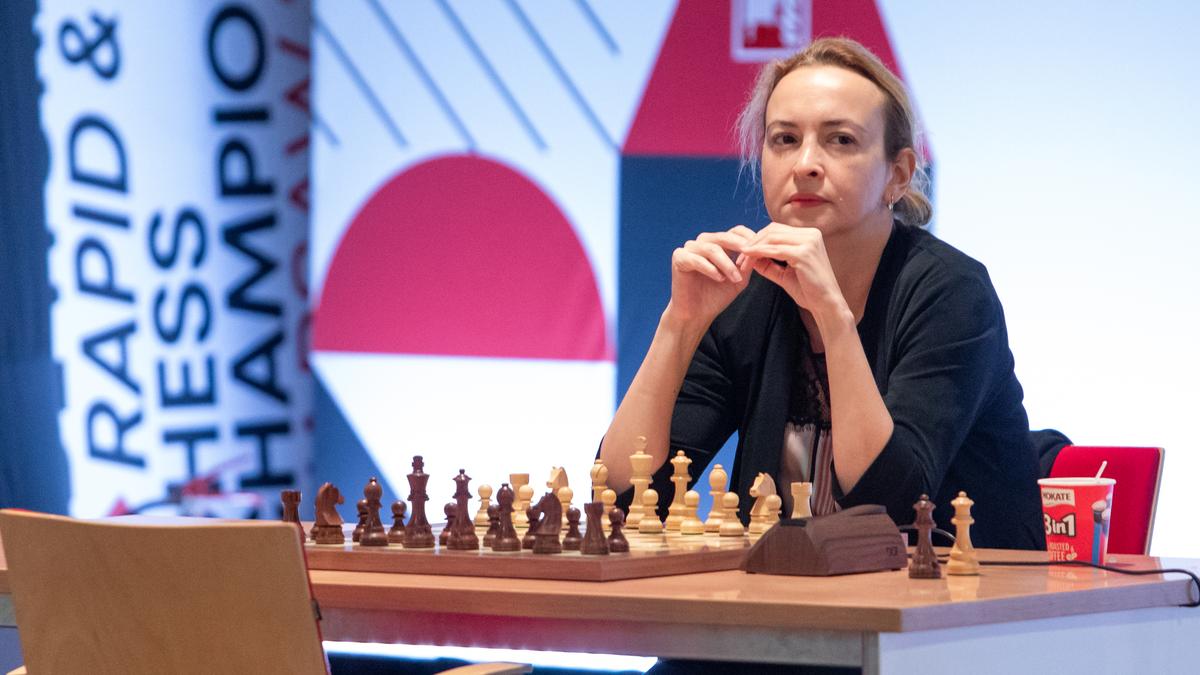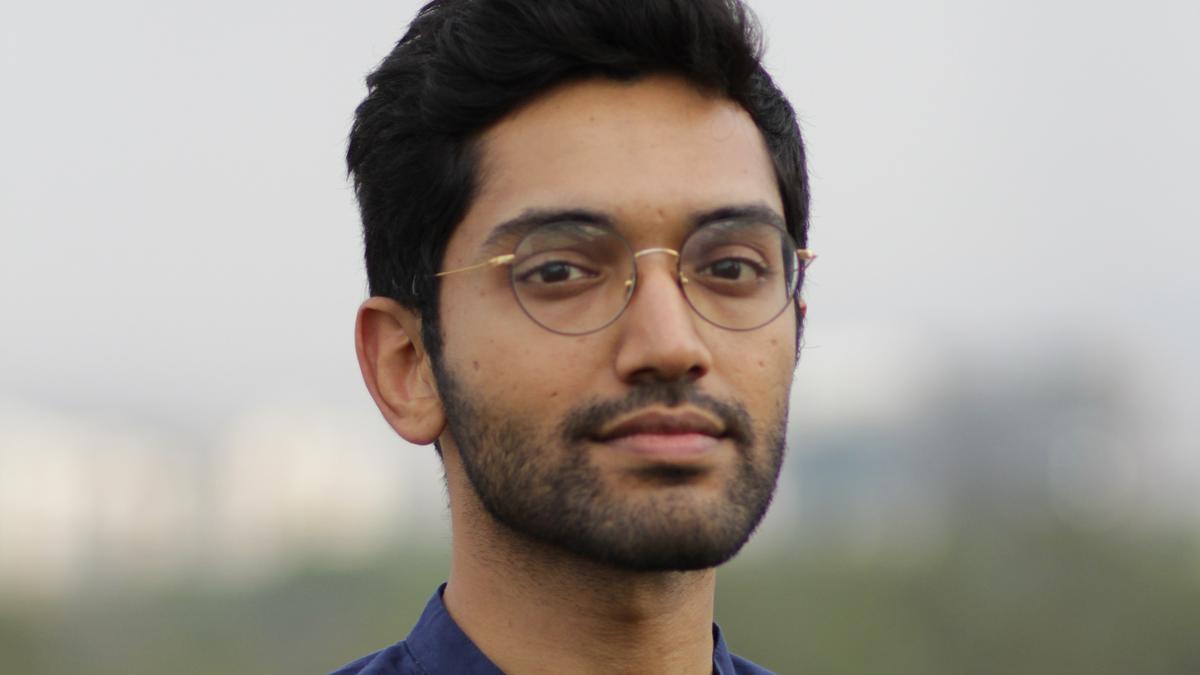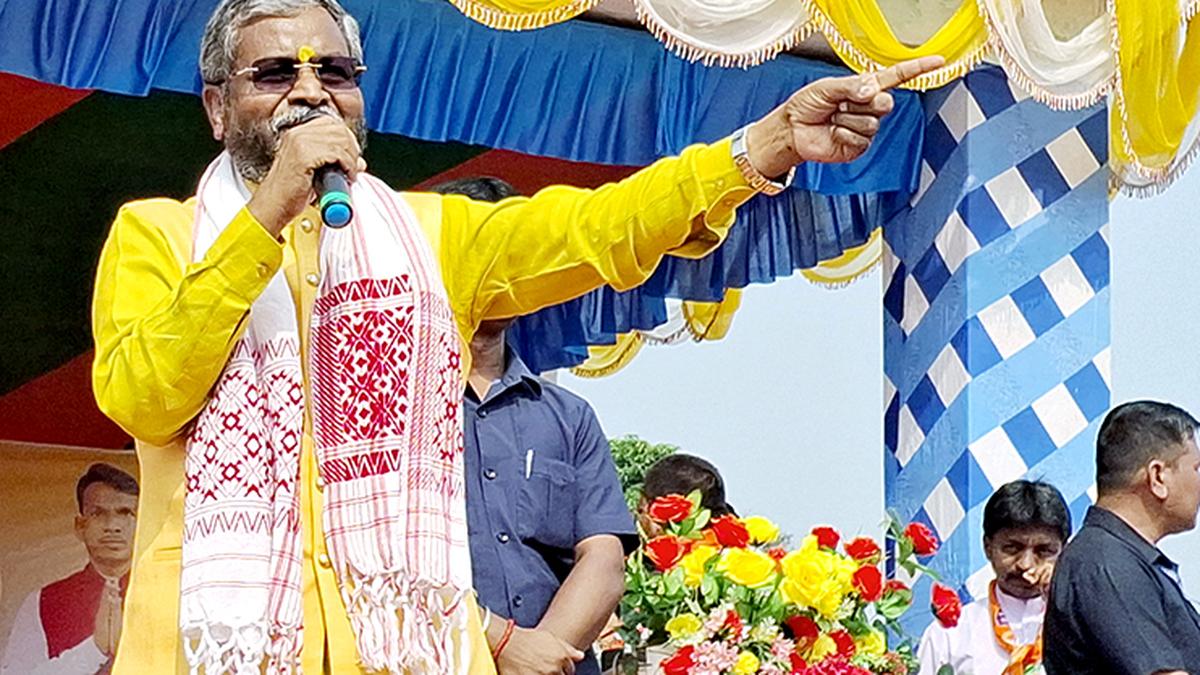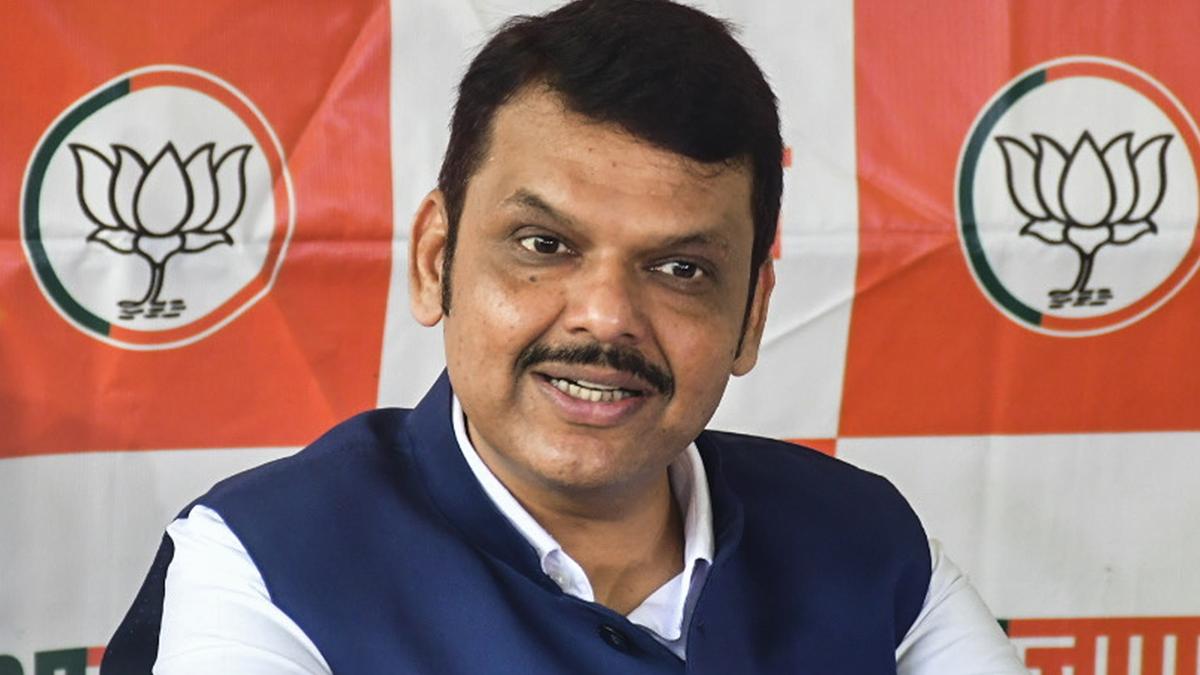Antoaneta Stefanova became the 10th women’s World chess champion in 2004. She won the World rapid chess championship in 2012. She continues to be an active player at 45, having led Bulgaria to victory at the European women’s team championship last year. She is also a politician and was her party’s Prime Ministerial candidate three years ago. Excerpts from an interview Stefanova gave The Hindu in London, where she was a brand ambassador of the Tech Mahindra Global Chess League:
You have been playing the Chess Olympiad since 1992. You played this year’s Olympiad too, at Budapest recently.
It is an honour playing for your country and I hope I am giving a good example to our young Bulgarian players. And I am also motivated by the fact that there is a strong young generation of female chess players in Bulgaria, and I love playing with them at the team events like the Olympiad. We have players like Nurgyul Salimova and Beloslava Krasteva. Budapest was my 15th Olympiad, where all my teammates, who played from boards two to five, were aged between 20 and 23. I think we did well by finishing 10th, better than our seeding.
Were you surprised by India’s twin triumph, winning both the open and women’ events?
No, I think it is only natural when a country is putting so much into chess. Chess is so popular in India and I have seen all these players from a very young age. I have seen them in tournaments. I know that they are getting good support. They have their trainers and they have their family. I think parental support is one of the main reasons for the success of India in chess. I think it is the only country that has the supporting family members travelling with the players. I remember D. Harika’s grandmother accompanying her for events all over the world.
There is also the fact that there are big groups of Indian players going to all the tournaments. So they feel they are in a nice, familiar environment. They don’t feel that they are alone when playing against everybody else. They feel like they are with their friends, with their family, their coaches.
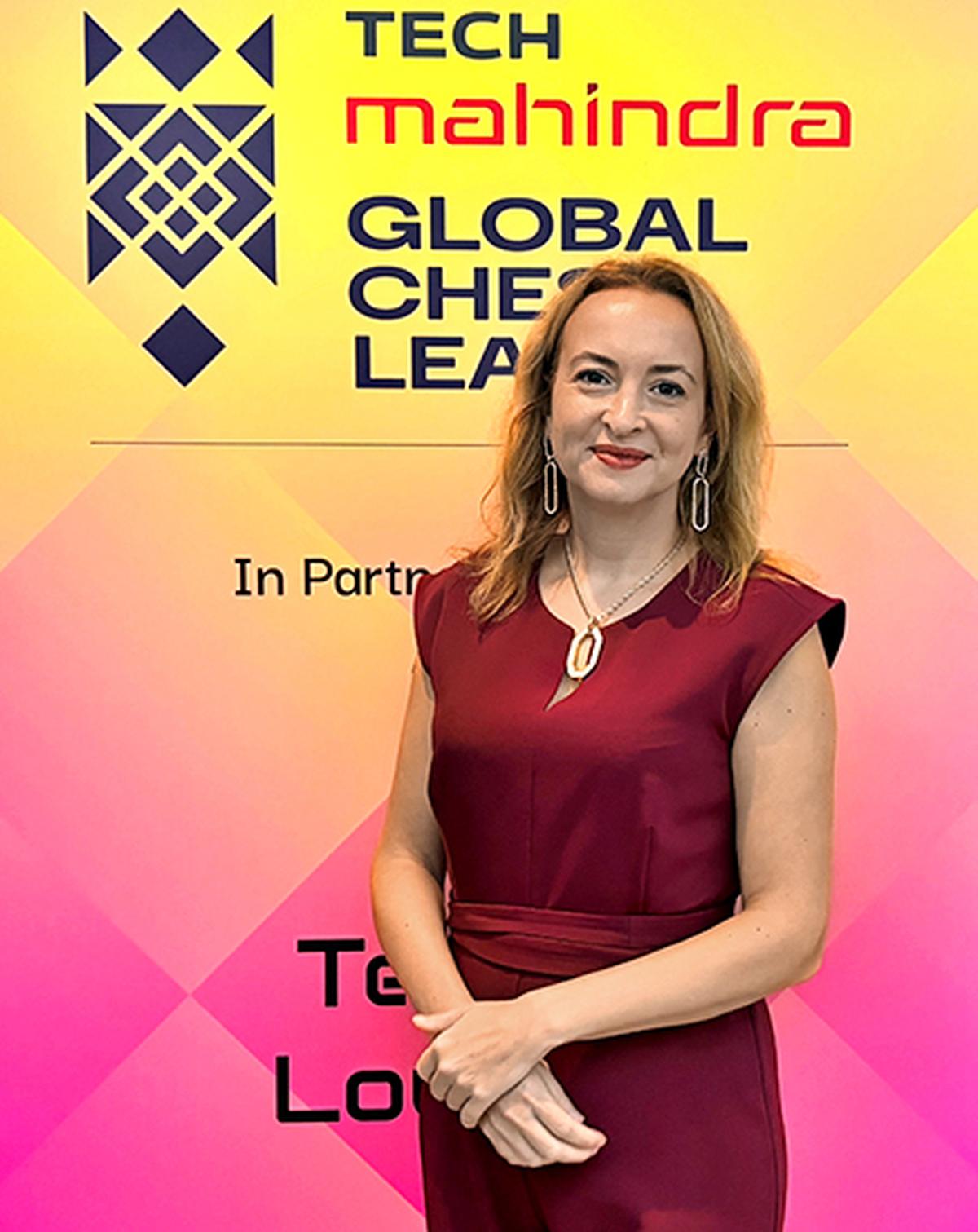
Growing the game: With ‘chess now more popular than ever before’, Stefanova says the sport ‘needs tournaments like the Global Chess League’. | Photo credit: Special Arrangement
When you were a young girl, you travelled to tournaments on your own?
Yes, but when I was very young, I was travelling with my father. But I never had professional coaching. I started working with strong players only after I won the European women’s championship. My father was my only coach, and he is an artist, not a chess player. I know how much I have missed classical chess education and working with different coaches. So as an honorary president of the Bulgarian Chess Federation, I am working to provide that to our players. We are still very far away from India.
When did you become the honorary president?
Last year. It is a very long story with the Bulgarian Chess Federation. You know we had lost our membership in FIDE and the European Chess Union (ECU). Last year we won the European women’s team championship after playing as the wild card. For over 10 years, we couldn’t participate in the European team events because we had been banned. But last year, everything was settled and we are now members of the FIDE and ECU.
How do you look back at winning the women’s World championship in 2004? You were the first World champion from Bulgaria and the very next year Veselin Topalov won the men’s World title. That meant at one time both the men’s and women’s World champions were Bulgarian.
Well, actually it was never my ambition to win the World championship. It was my ambition to play better and to win all my games, which of course is not possible. When I won the World championship, it was just so exhausting, as it was played in the knockout format. I really love the format, but it was quite long and it was tough; I was just happy that it was over. But, what it meant — or the importance of that — it of course dawned on me months or years later. I was the first one to win the World championship from Bulgaria and I was hoping that it would really change a lot of things for chess in Bulgaria.
What was being a brand ambassador for the Global Chess League like?
I would have preferred to play, of course, but being an ambassador is also quite nice. I am very happy to see all these new events. I think it would have been nice if there was something like the Global Chess League before. It is great to see people coming to watch and clap for the players.
The points system — which rewards players for wins — is also something I like. I have never made a lot of draws myself, though. Chess is now more popular than ever before. So we need tournaments like the Global Chess League.
What made you join politics?
Well, in Bulgaria, it is a very complicated situation for the country. It is a historical moment. I believe that for my generation it is normal to be involved with politics because since my childhood, we were always going for protests and following what was going on in the world, not only in our country. And unfortunately, I have witnessed the disappointment of my parents and their generation who thought that immediately after communism was gone, it would be fine in Bulgaria. It looks like all the countries around us have managed to make that change much better than us. We are still somehow going in circles and, especially for the last few years, we don’t have a government. We have had seven elections in the last three years.
How did you find politics? Did you find it something like a game of chess with all the moves one has to make, especially in electoral politics?
Chess for me is really special, but I have never thought that chess is the most important thing in the world. When I entered politics, I decided to do so because I was thinking that at that moment a lot of people really wanted to change things. But I realised that it was much more difficult than what I thought, because there are many people who pretend to want a change, but actually they don’t want to. In sports, not just in chess, there is fair play and there are certain rules, whereas in politics things are much different. But, I am still hopeful.
You became the Prime Ministerial candidate for your party, ITN (There is Such a People) in 2021. That was a huge recognition, wasn’t it?
Yes, but it was also a huge responsibility. I wasn’t expecting to become the Prime Minister. What I wanted was to continue our way until we really changed things in Bulgaria.
Published – November 09, 2024 12:24 am IST


